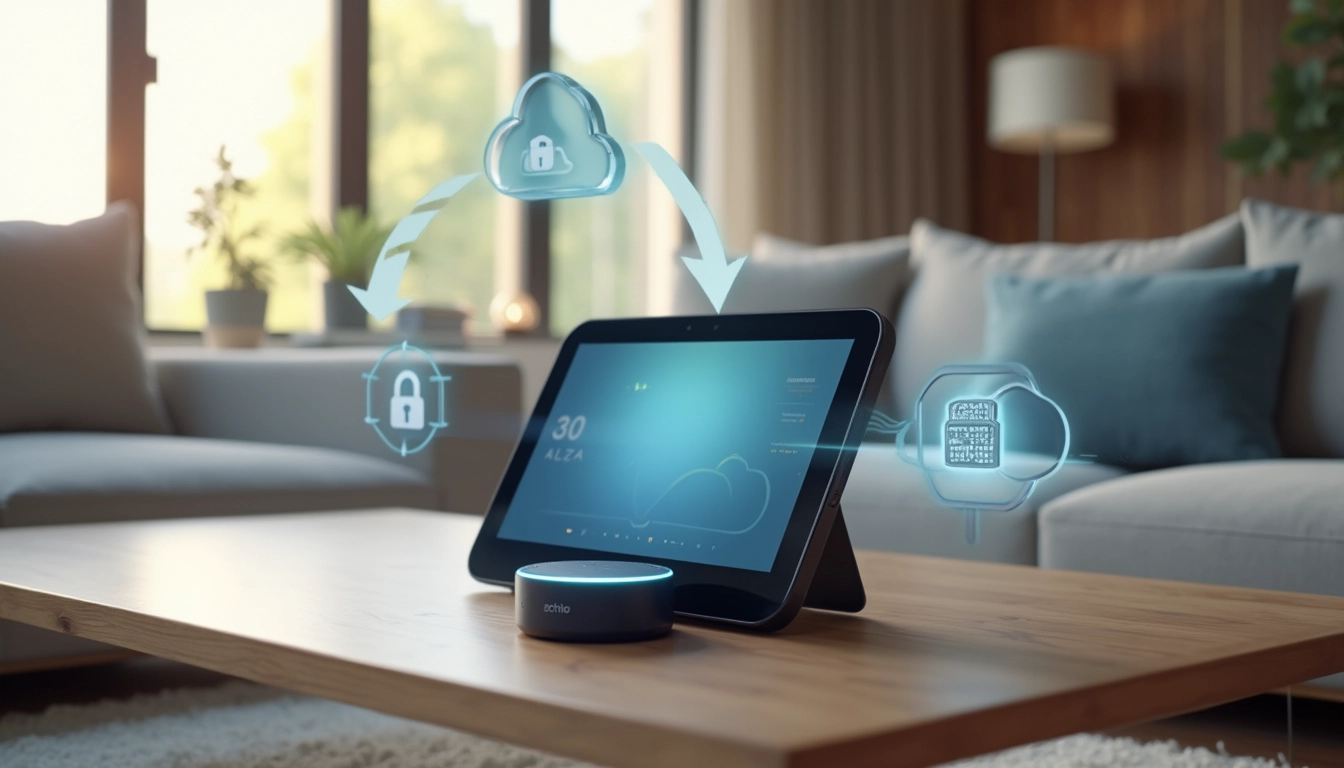
Amazon Alexa Moves Voice Data to Cloud Storage by 2025
Amazon’s decision to move Alexa voice recordings to cloud storage marks a significant shift in how voice assistant data is processed and stored. Starting March 28, 2025, Echo device users will experience a transition from local processing to cloud-based storage, impacting millions of users while promising enhanced functionality and raising important privacy considerations.
Table of Contents
Key Takeaways:
- Cloud migration timeline set for March 2025, affecting multiple Echo device generations
- Shift from on-device processing to cloud storage impacts user privacy dynamics
- Enhanced voice recognition capabilities expected through cloud-based processing
- Users retain control over their data with opt-out options and deletion tools
- Move aligns with broader industry trends in AI-powered voice assistance
The Transition to Cloud Storage
The upcoming change affects several popular Echo devices, including the Echo Dot (4th generation), Echo Show 10, and Echo Show 15. This shift from local processing to cloud-based storage raises privacy considerations while promising improved functionality. Amazon’s cloud infrastructure will become the new home for these voice recordings, enabling more sophisticated processing capabilities.

Privacy and Security Implications
The transition to cloud storage introduces new security considerations for Alexa users. Amazon implements encryption and secure transmission protocols to protect user data. However, users should stay informed about their privacy settings and data management options. This change aligns with the broader trend of AI-powered technology evolution.
Enhanced Capabilities Through Cloud Processing
Cloud-based processing offers several advantages for Alexa’s performance. Users can expect improved voice recognition accuracy and faster response times. The shift enables more complex query handling and opens doors for new features. This advancement in generative AI capabilities could transform how we interact with voice assistants.
User Control and Settings
Amazon maintains a strong focus on user autonomy by providing comprehensive privacy controls. Users can:
- Review and delete voice recordings
- Opt-out of cloud storage
- Manage privacy preferences
- Control data retention settings
Automation and Future Developments
This transition represents a significant step in voice assistant technology. For users interested in automation beyond voice assistants, platforms like Latenode offer comprehensive solutions for various automation needs. The future of voice technology points toward more integrated, cloud-based solutions that balance advanced features with user privacy.


